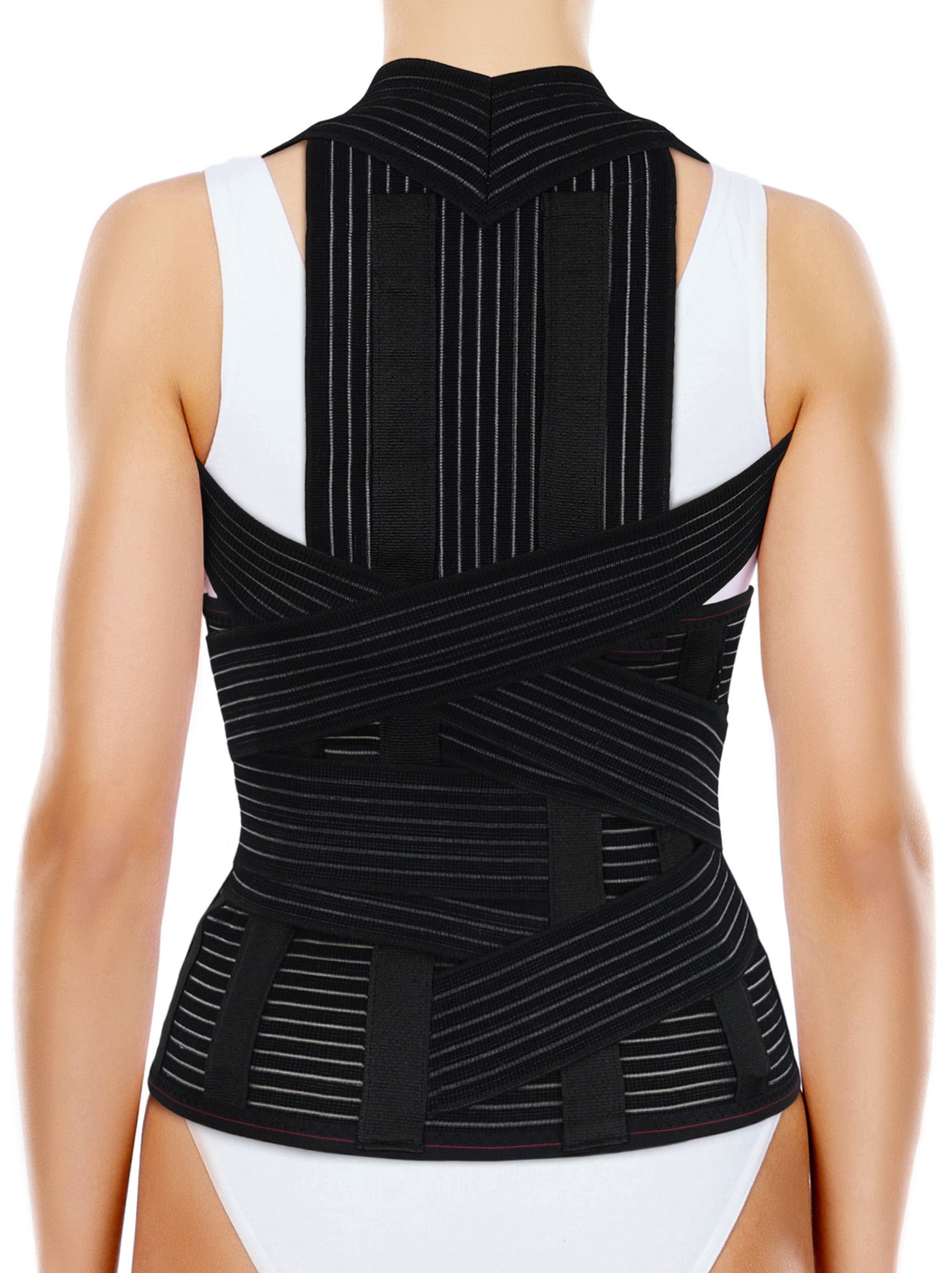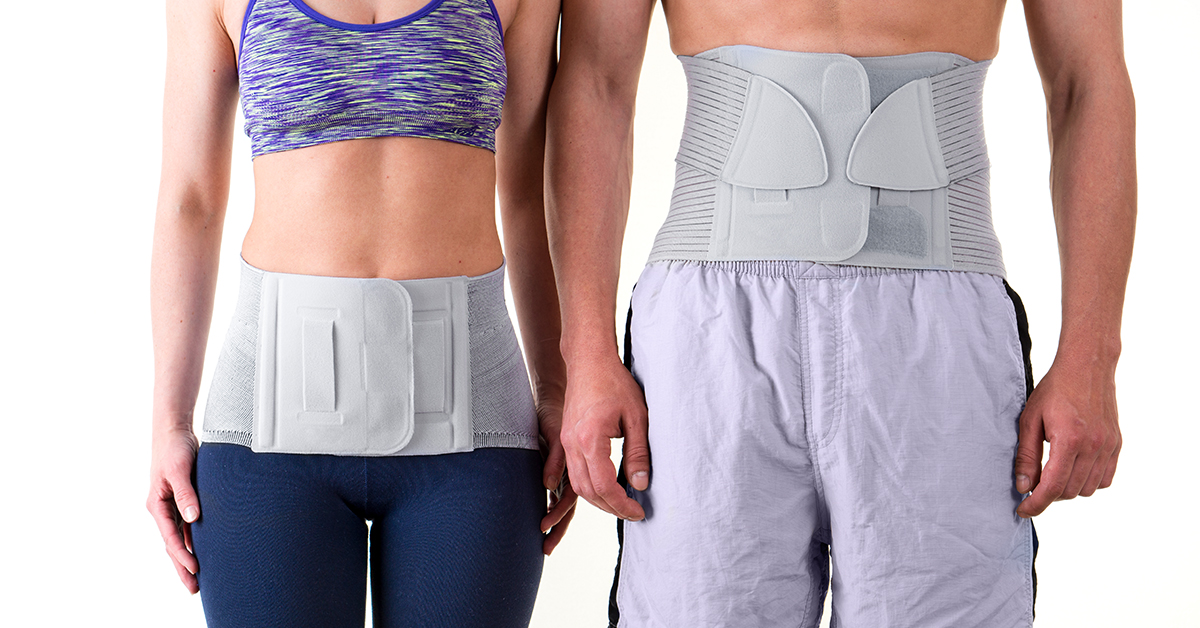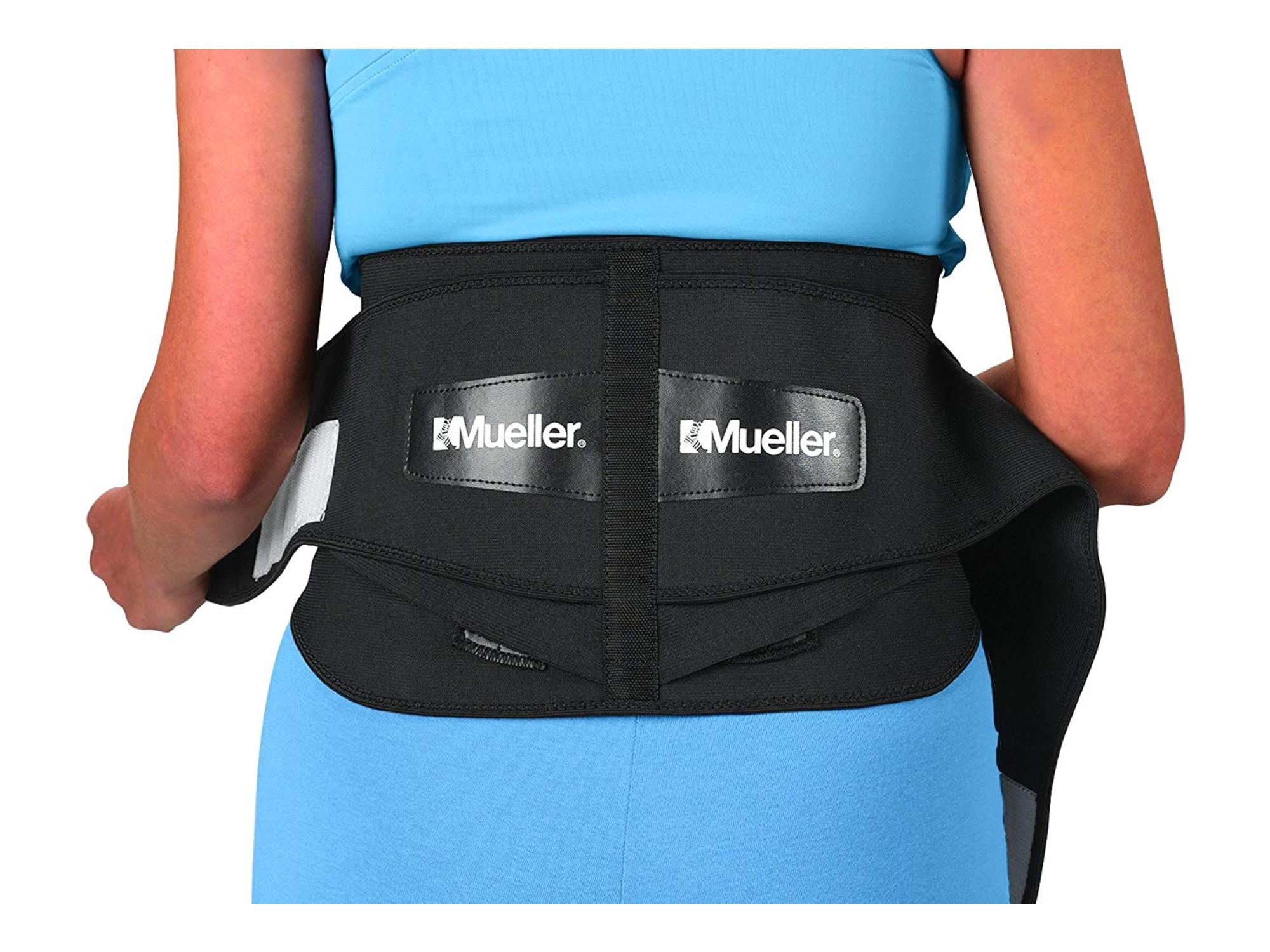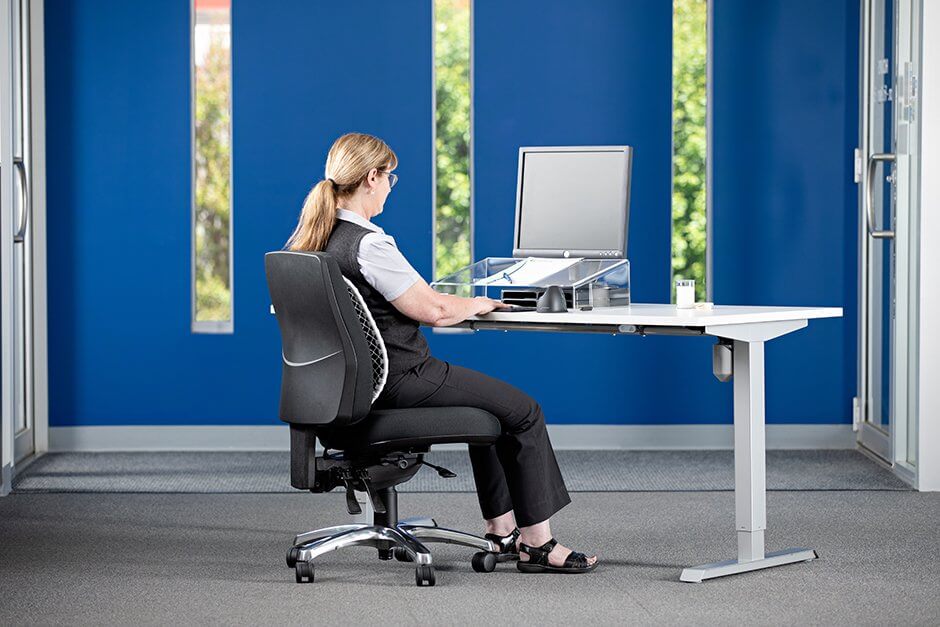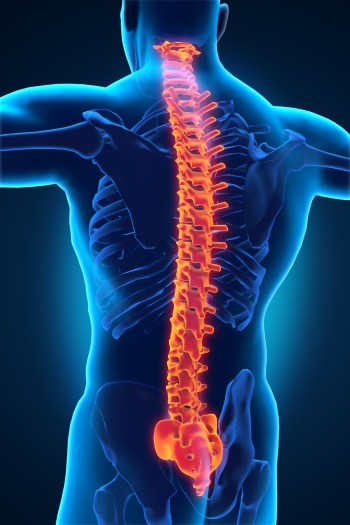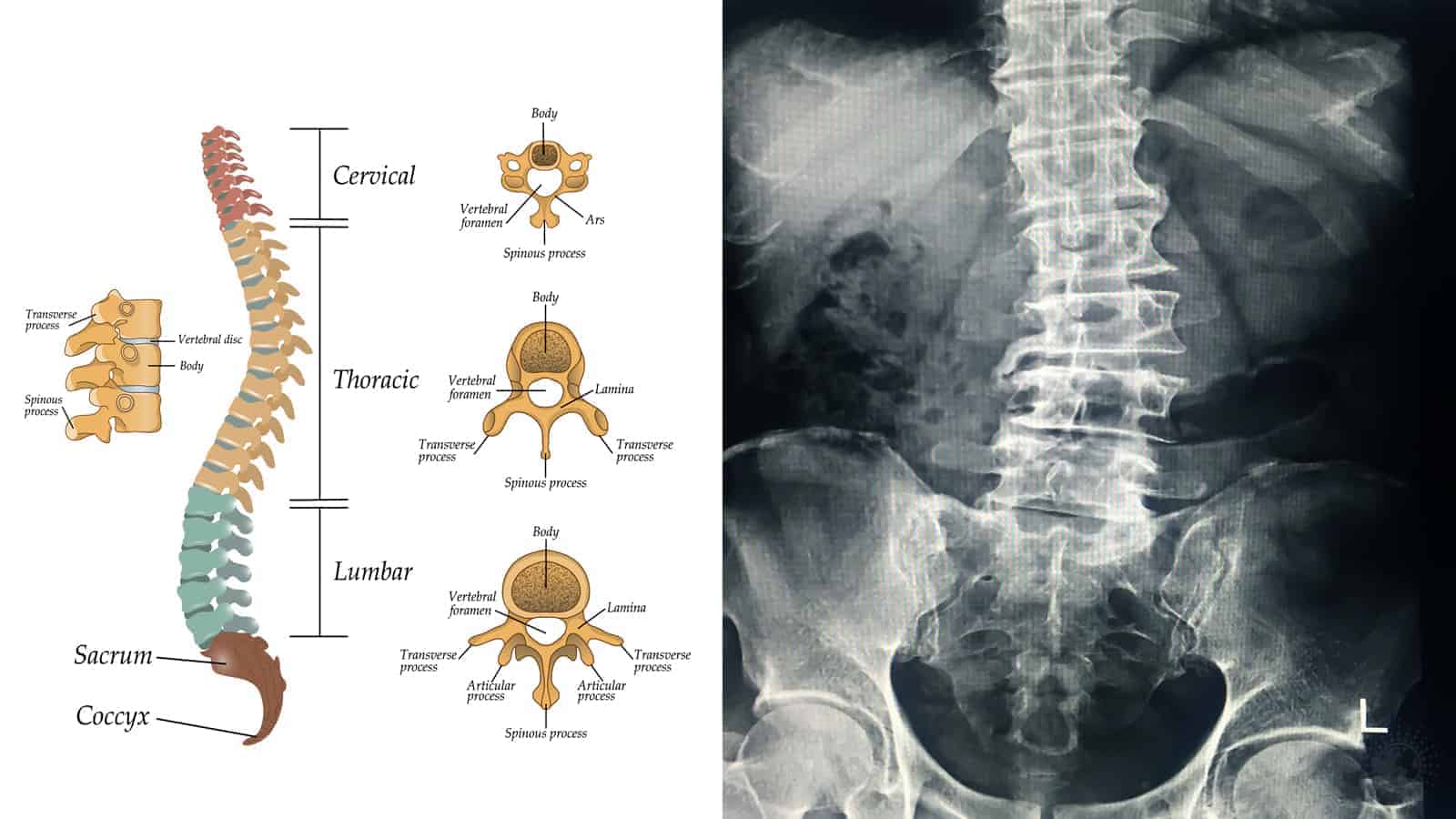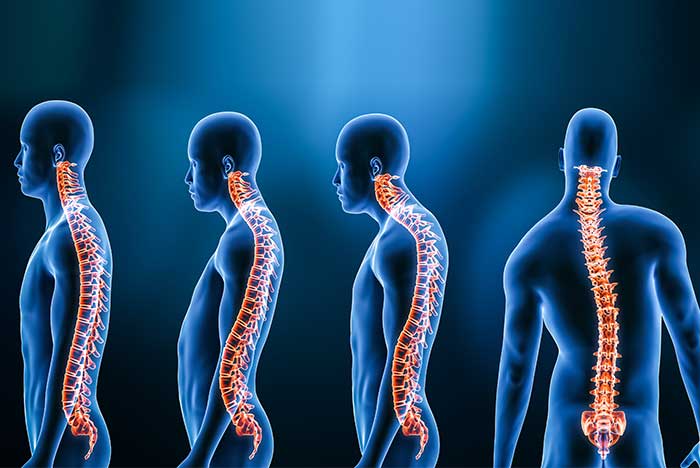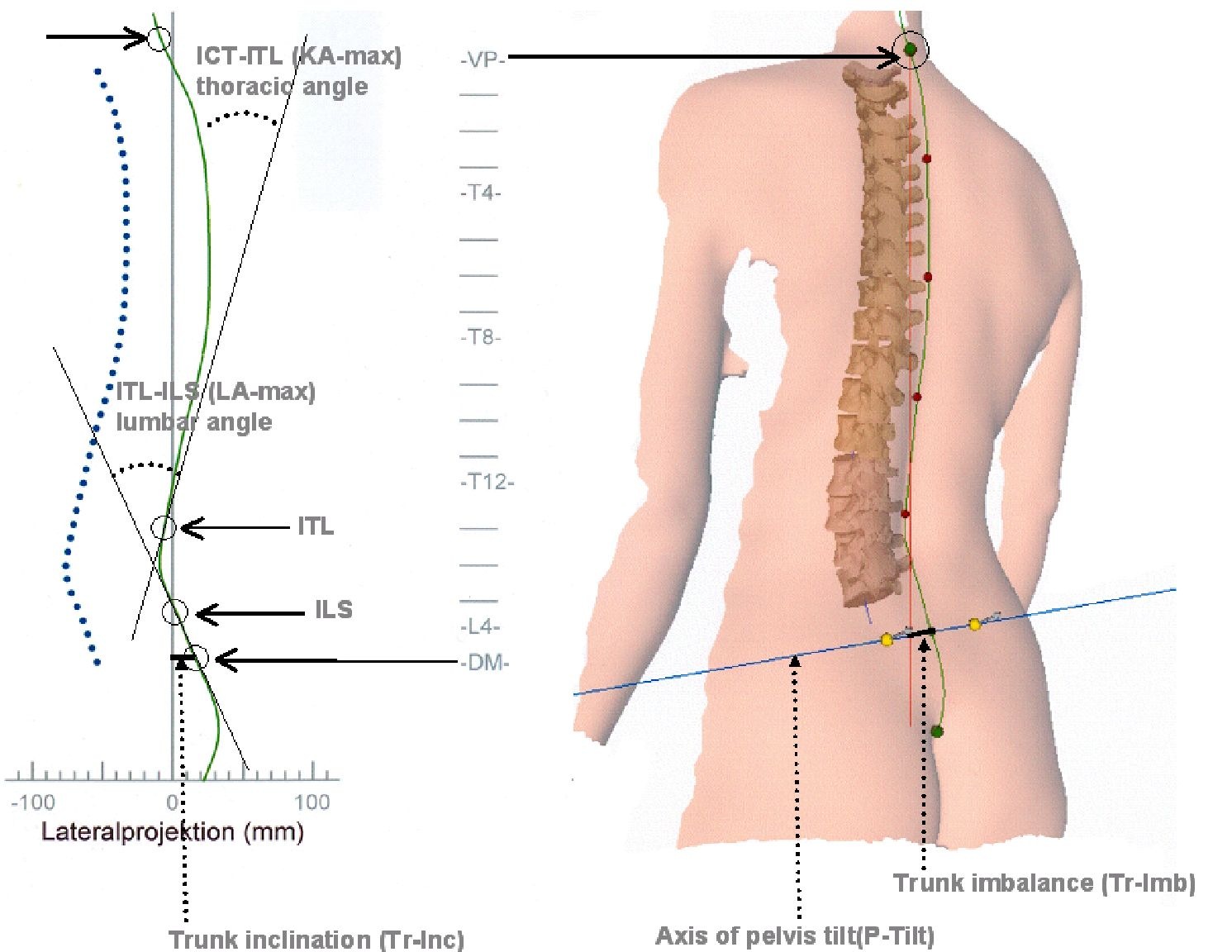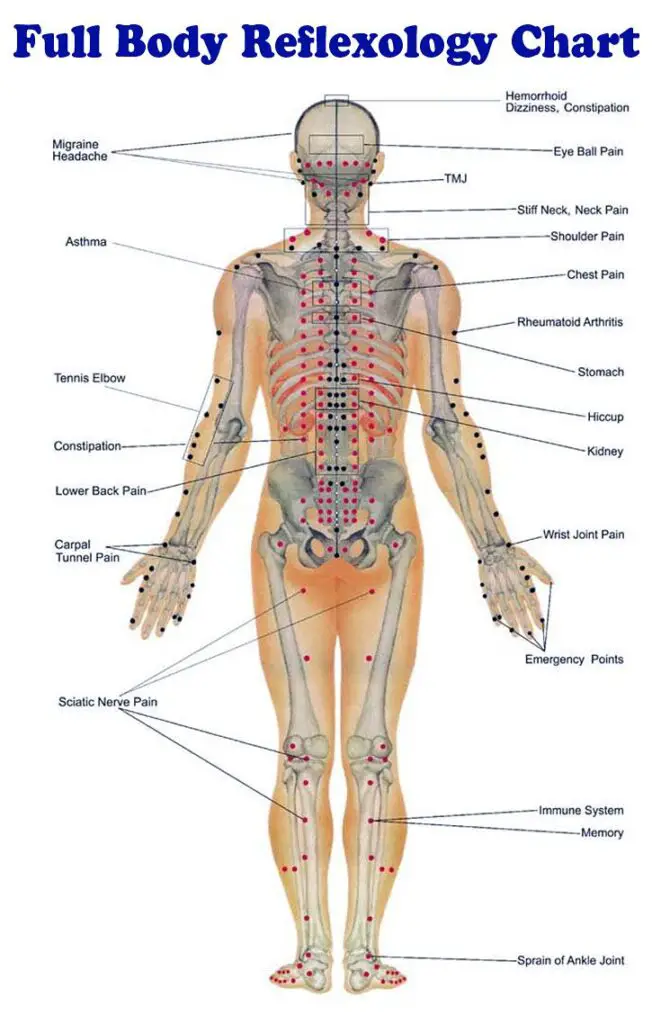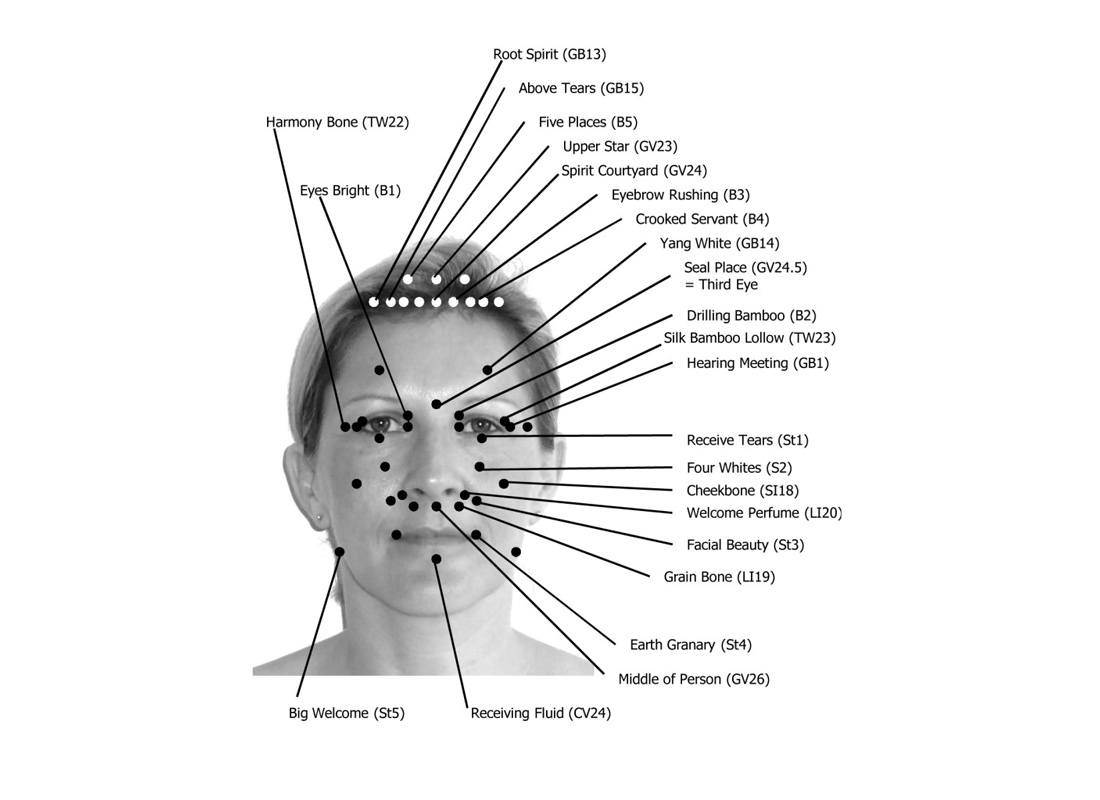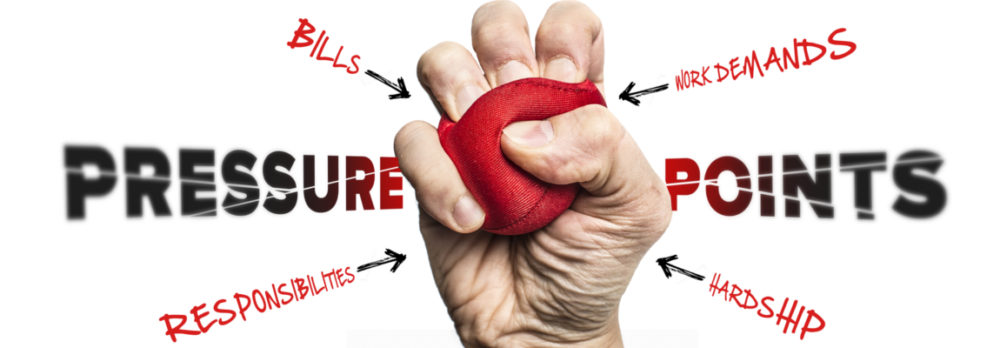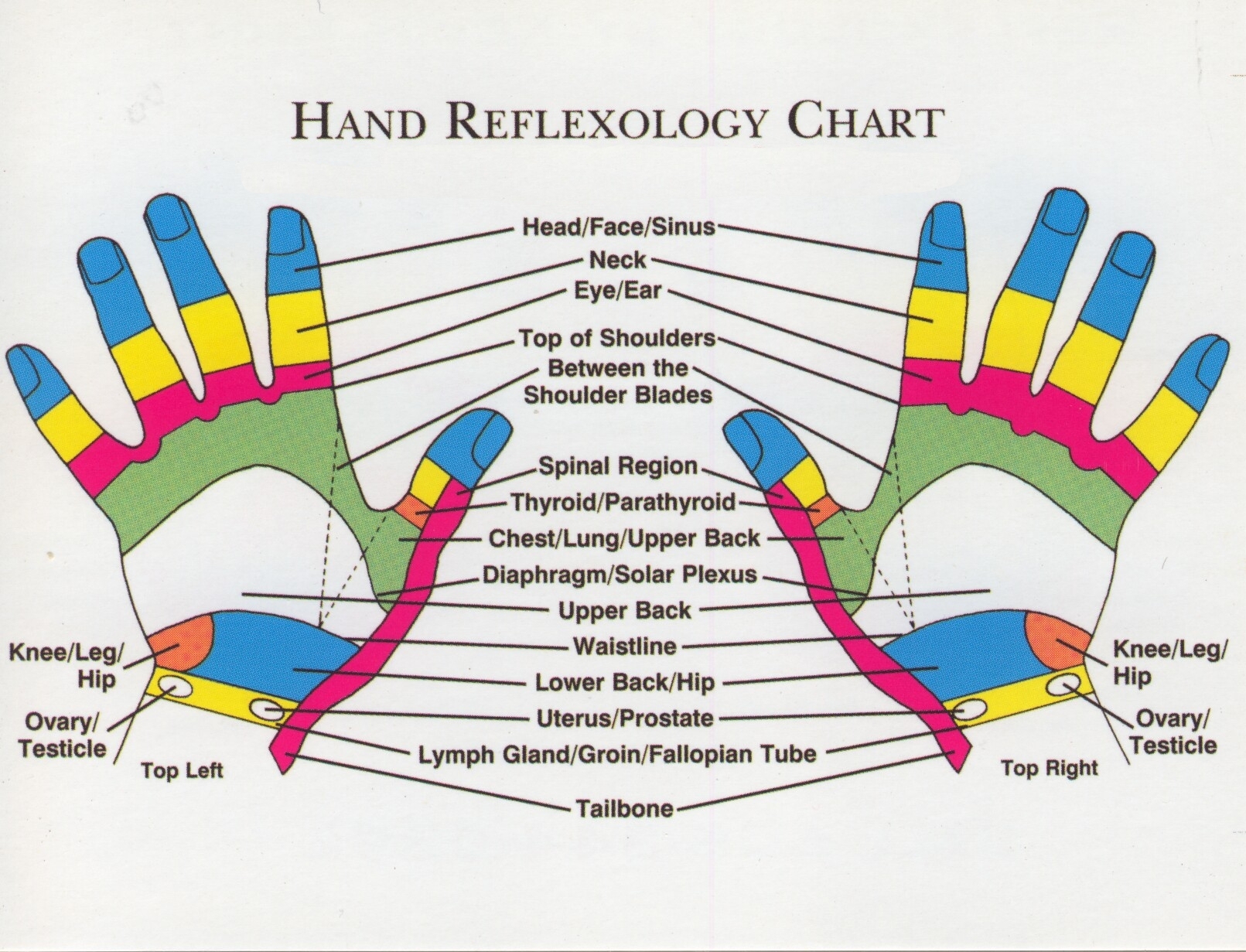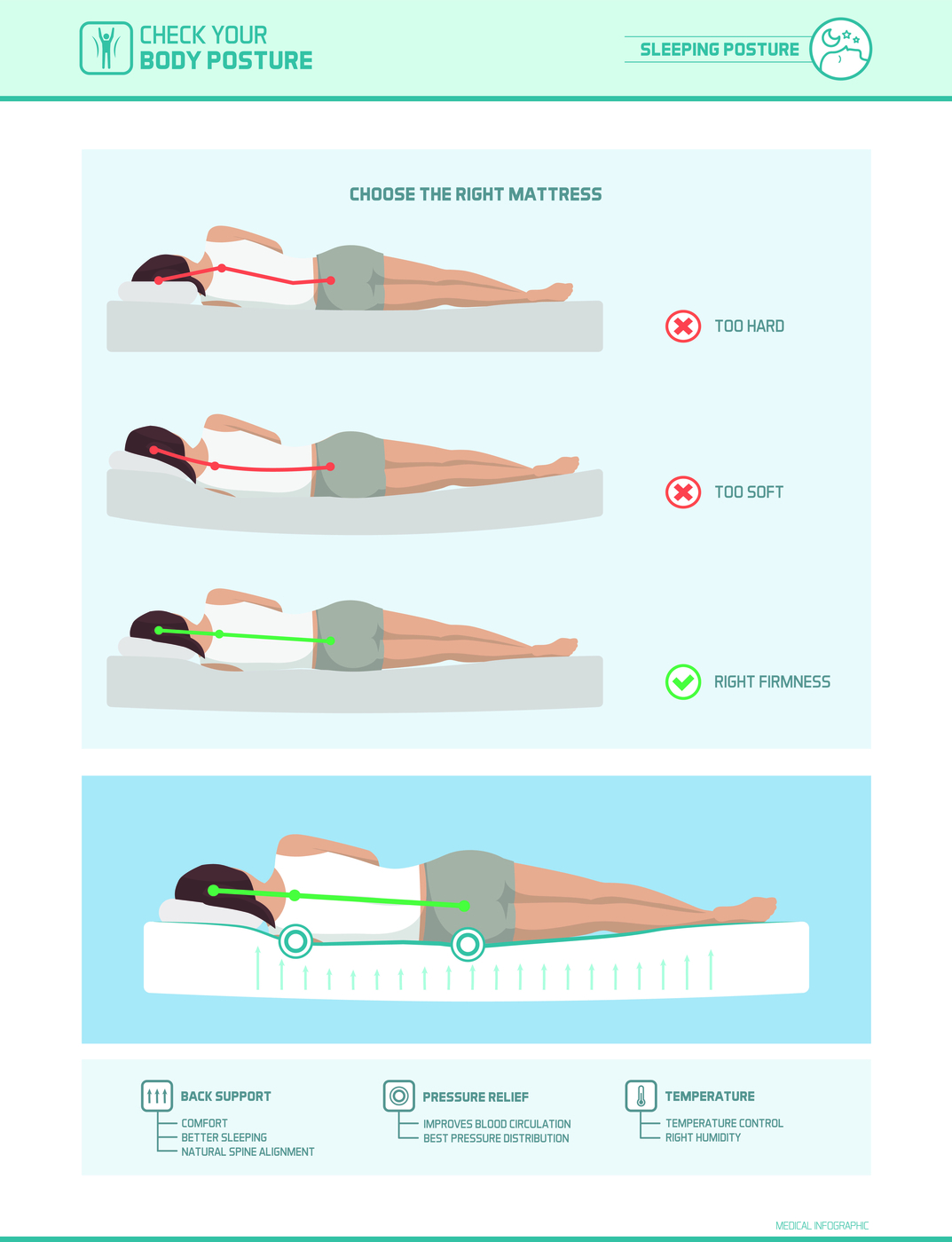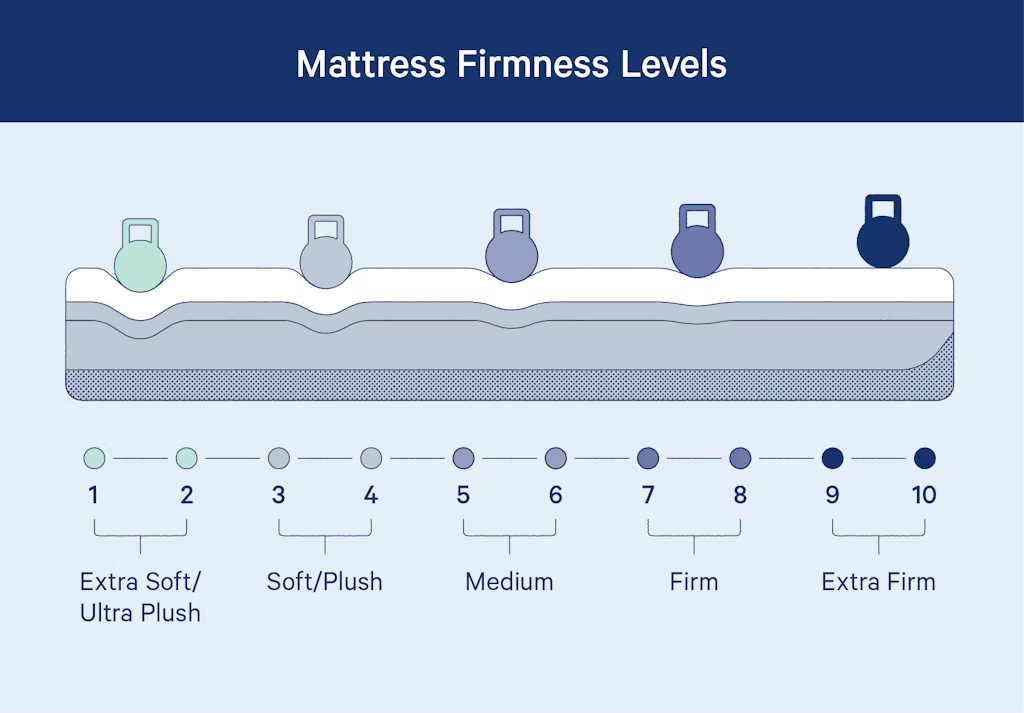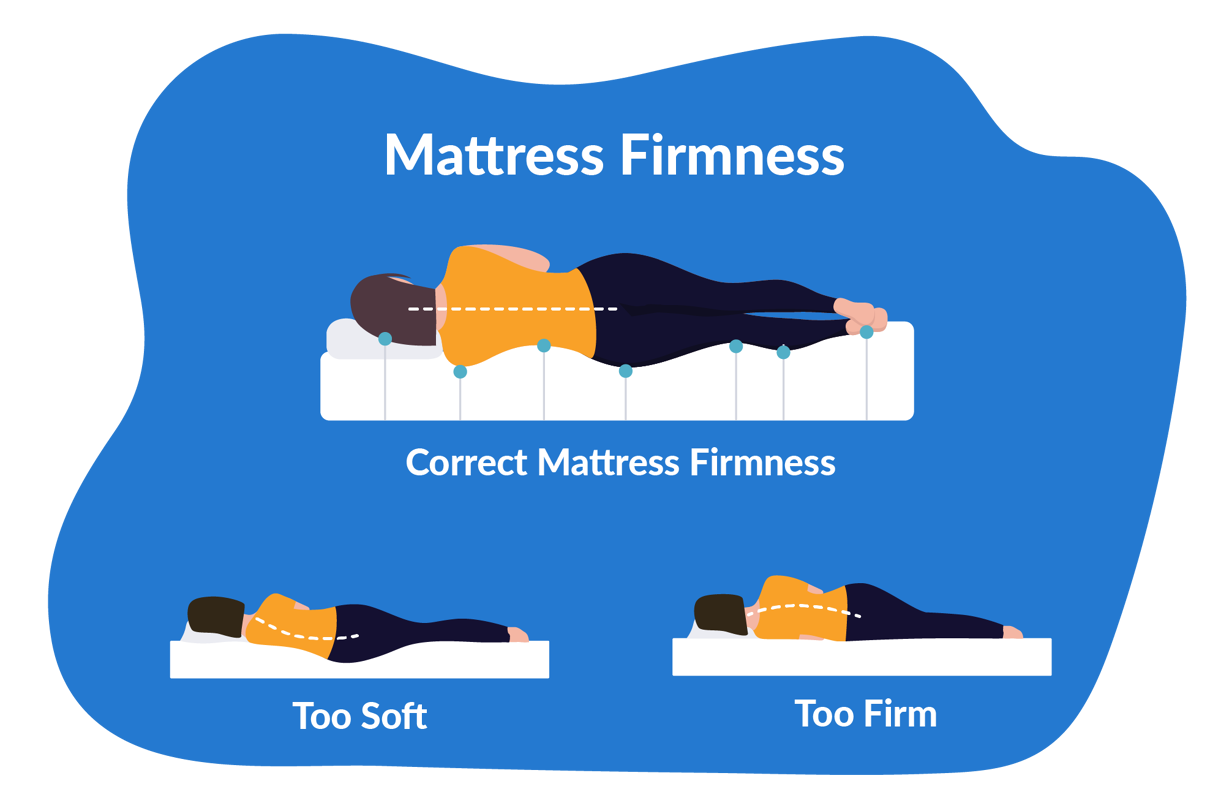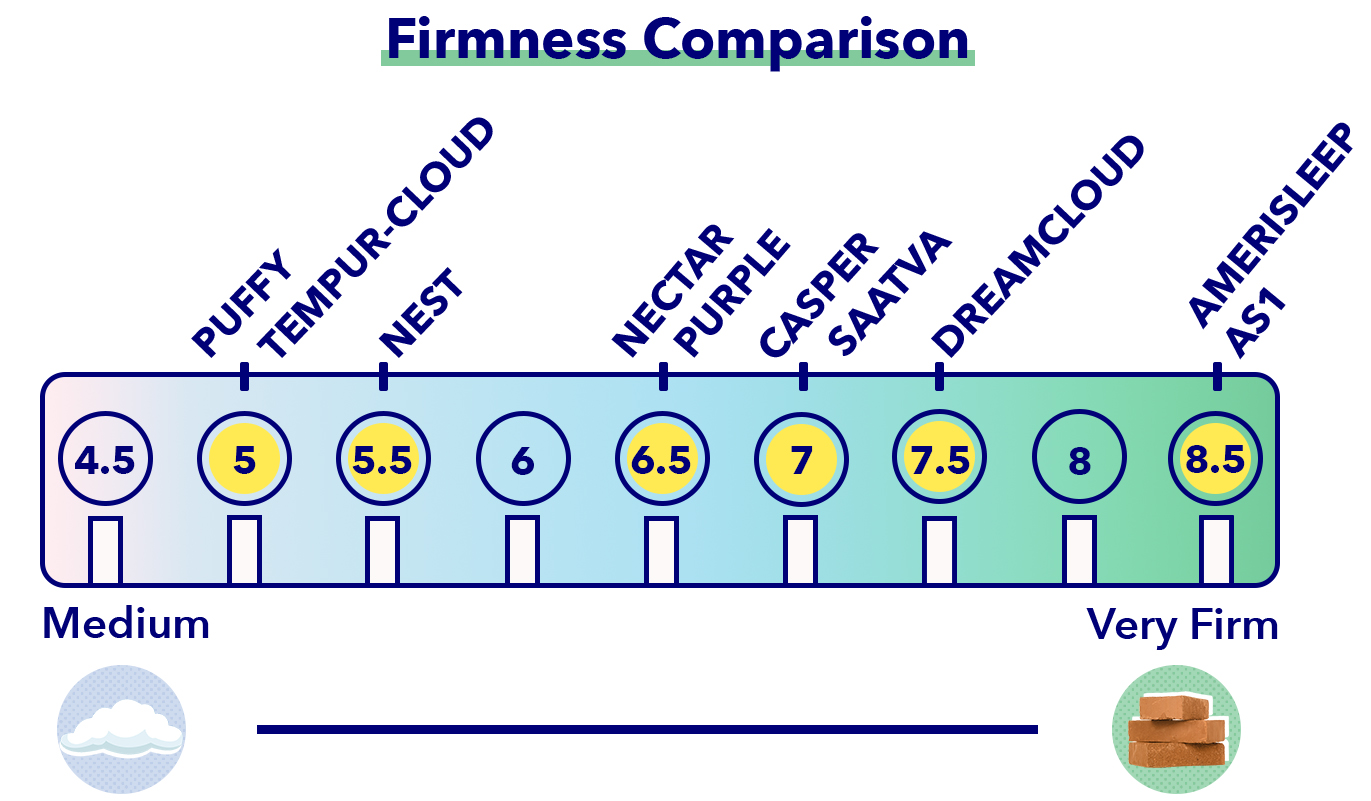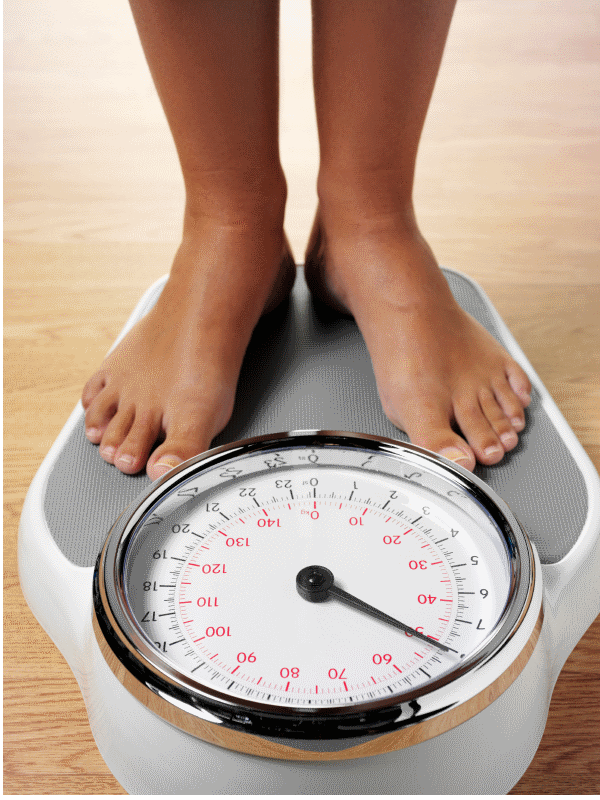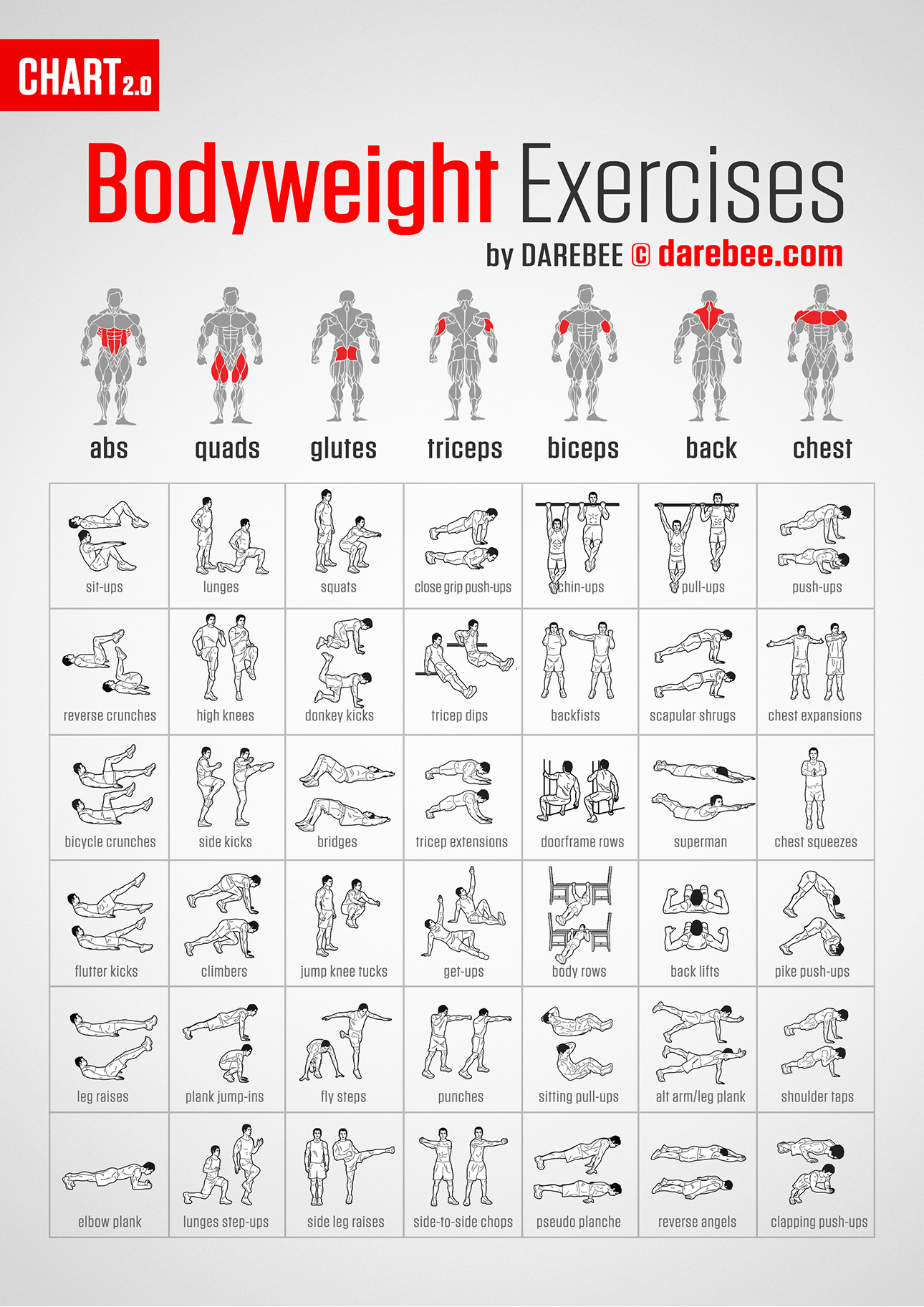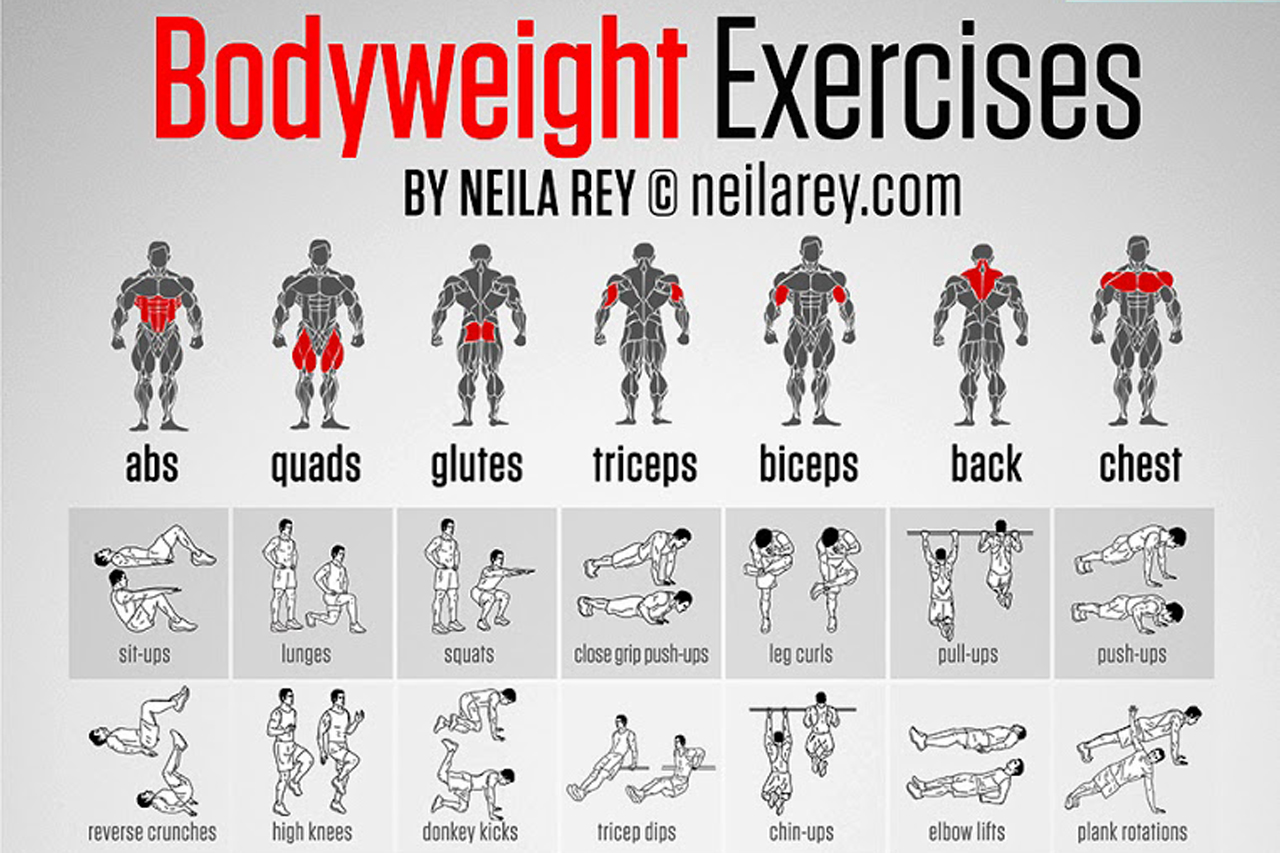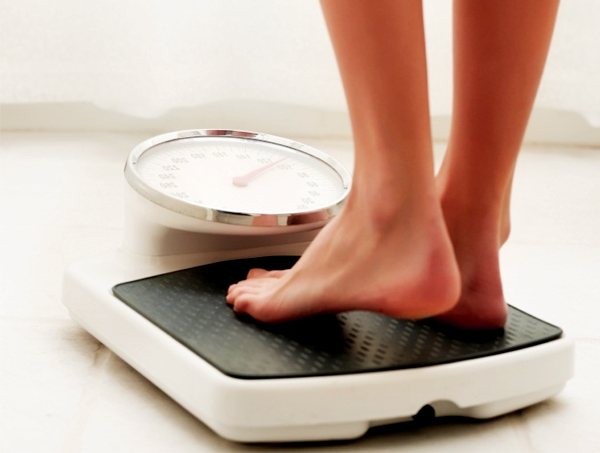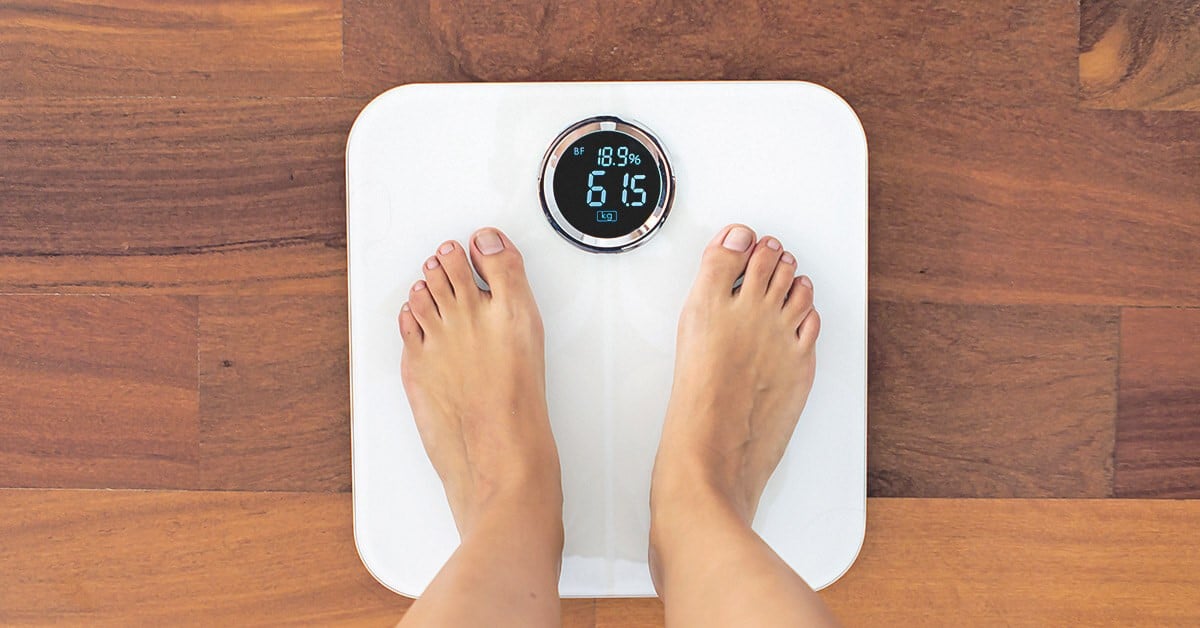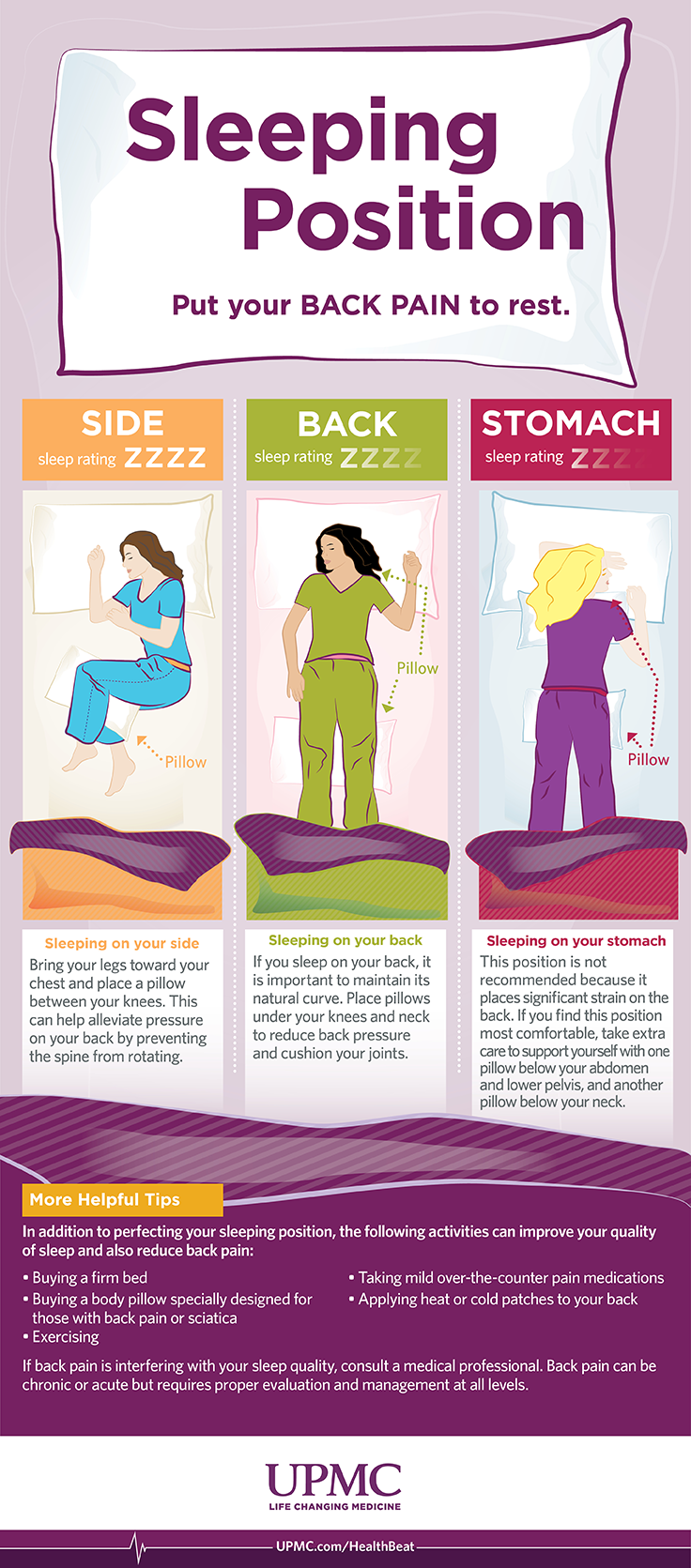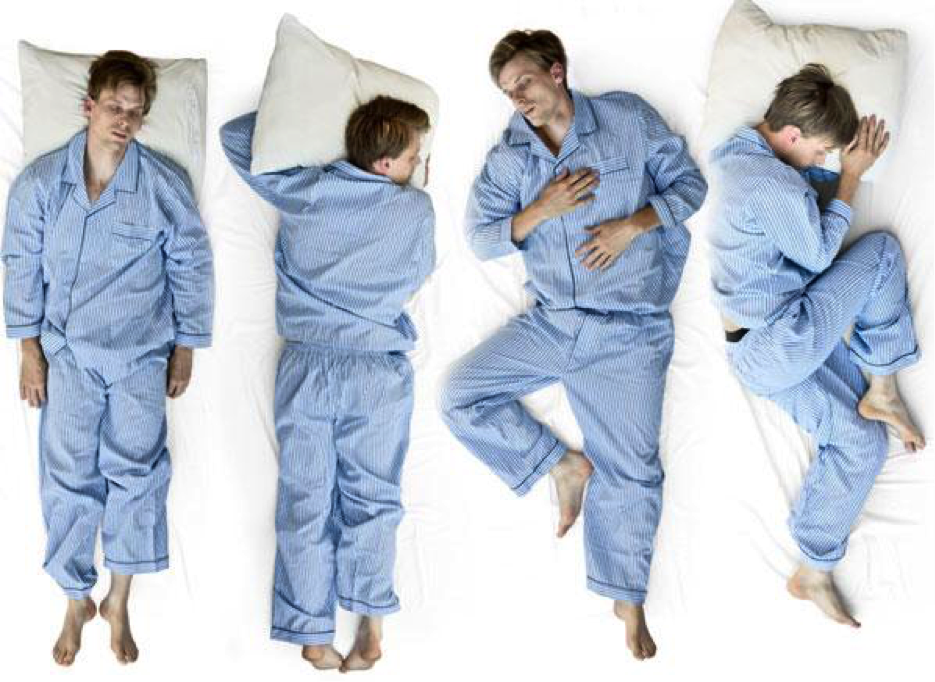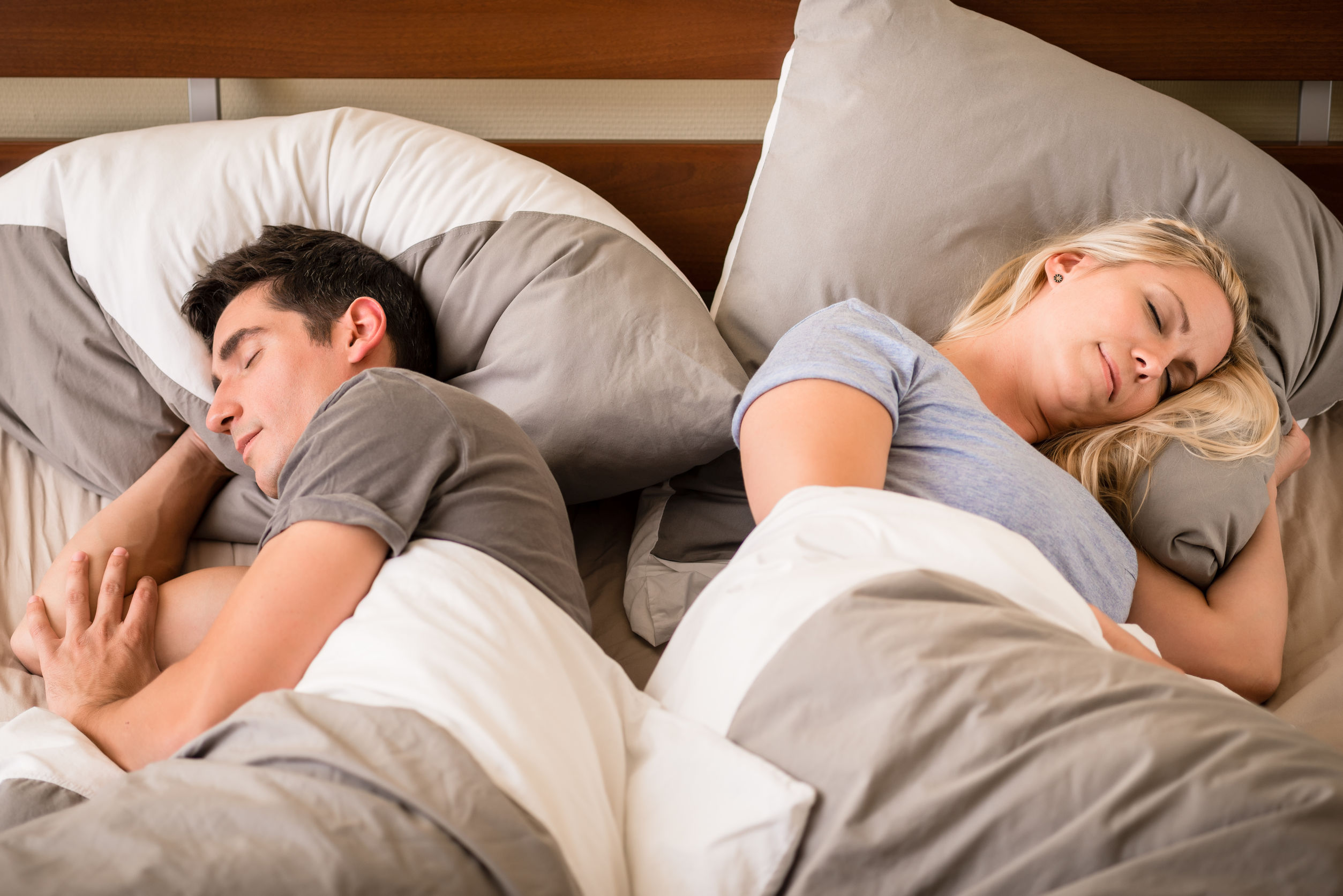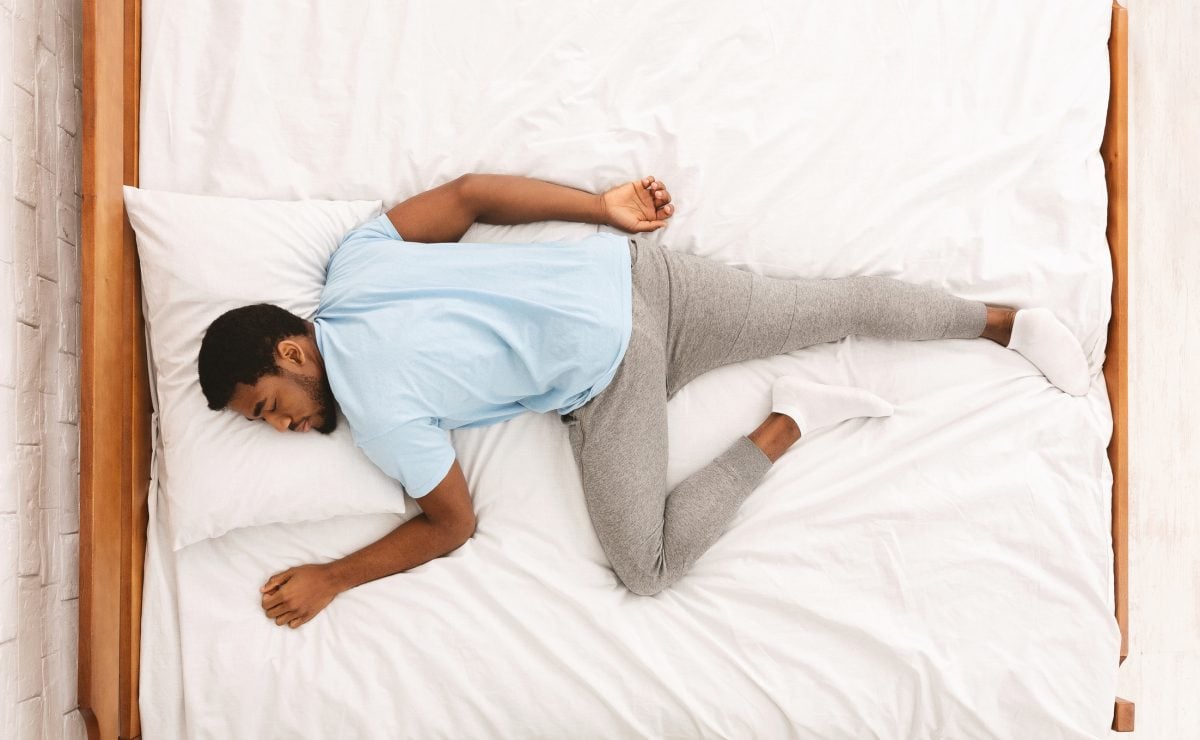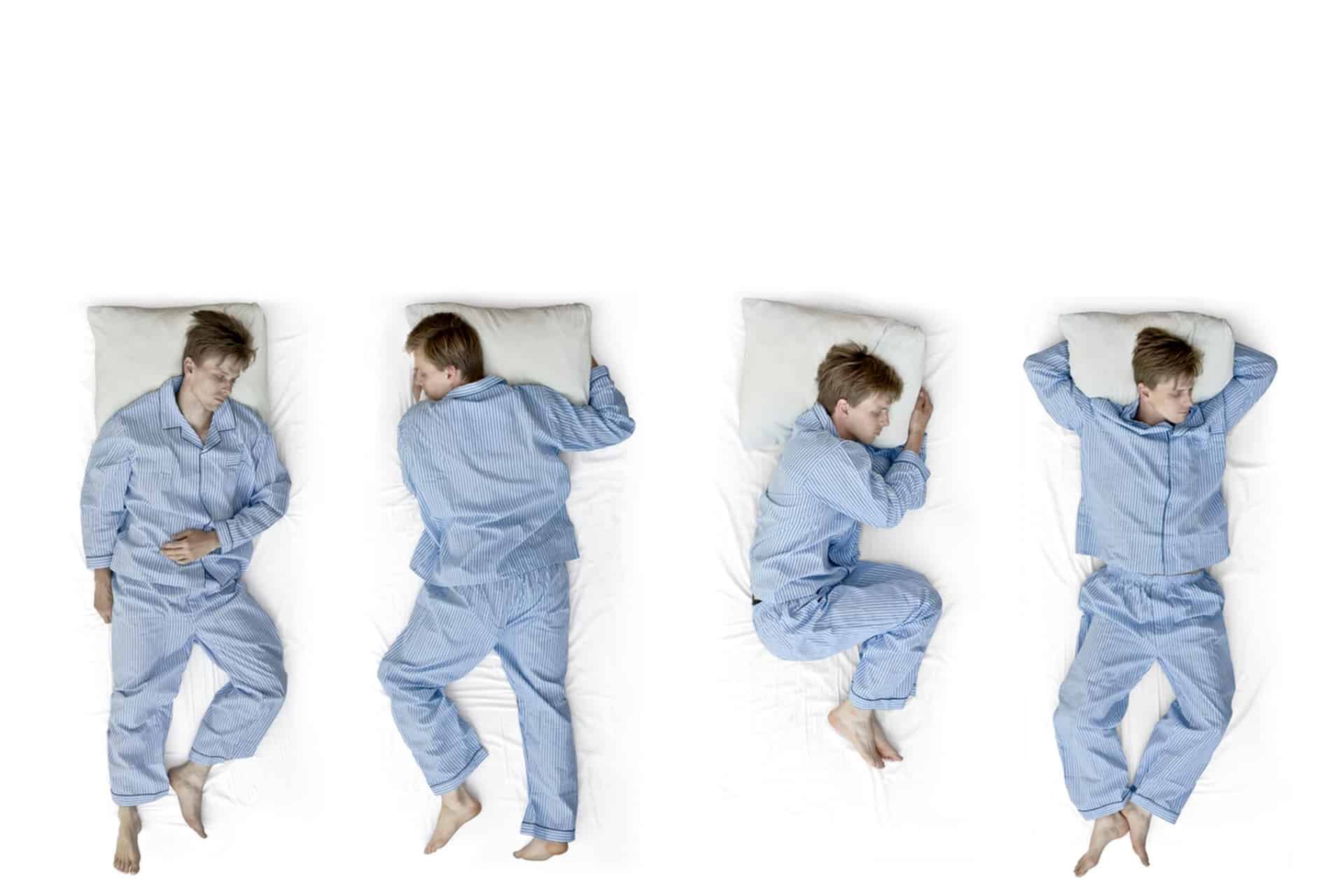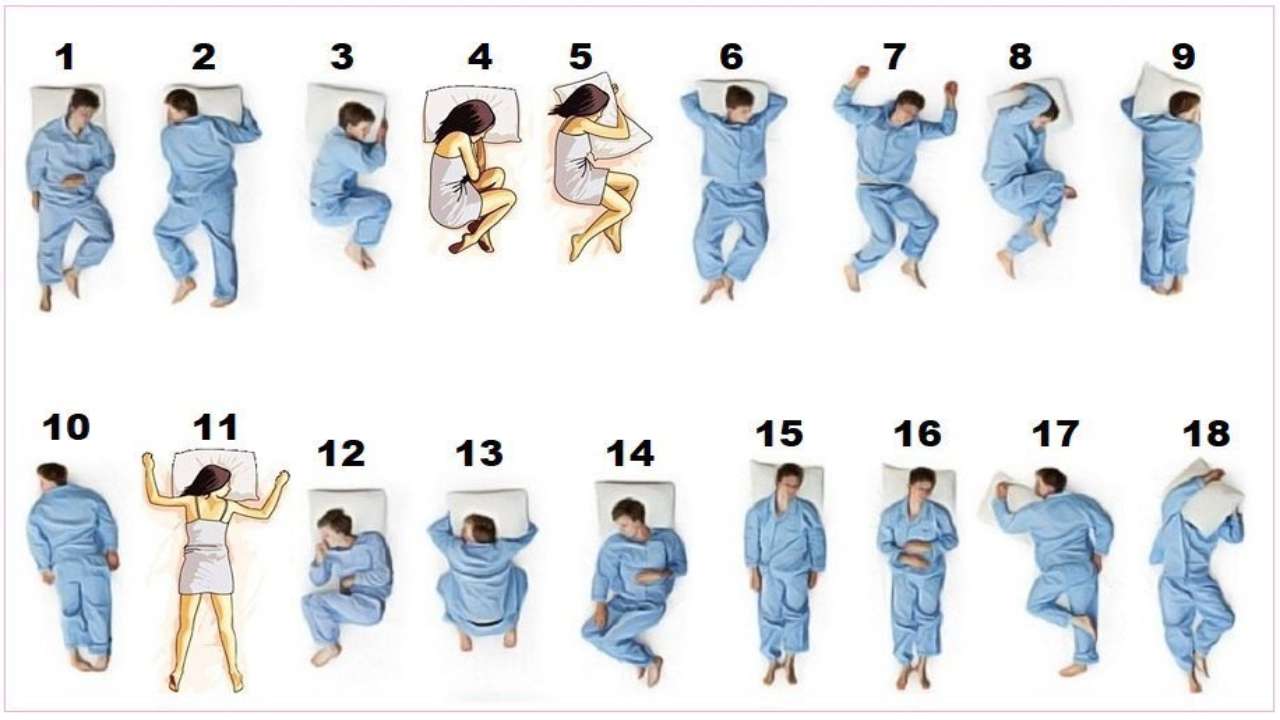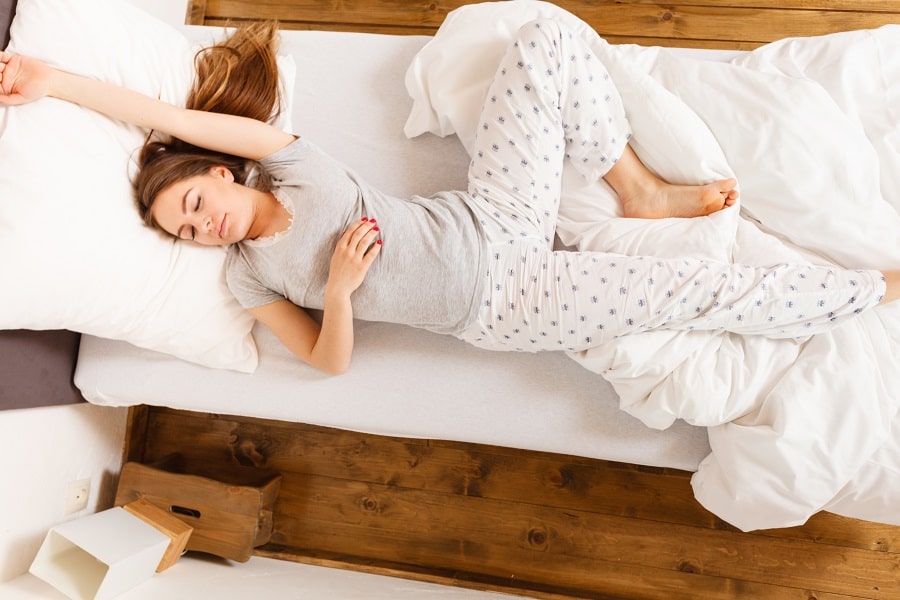When it comes to getting a good night's sleep, a comfortable and supportive mattress is key. And in recent years, memory foam mattresses have become a popular choice for their ability to conform to the body and relieve pressure points. However, some people may wonder, can a memory foam mattress actually hurt your back? Let's take a closer look at this question and explore the pros and cons of using a memory foam mattress for back pain relief.Memory Foam Mattress: A Friend or Foe for Your Back?
One of the main selling points of a memory foam mattress is its ability to provide support to the body. The foam molds to the shape of your body, creating a cradling effect that can help alleviate pressure points and promote proper spinal alignment. However, this also means that the level of support may vary depending on your body weight and sleeping position. For some people, this may lead to discomfort or even back pain.The Role of Back Support in Memory Foam Mattresses
The firmness level of a mattress is another important factor to consider when it comes to back pain relief. Memory foam mattresses come in a range of firmness levels, from soft to medium to firm. While a softer mattress may feel more comfortable initially, it may not provide enough support for your back and could lead to sinking or sagging, causing back pain in the long run. On the other hand, a mattress that is too firm may put too much pressure on your back and cause discomfort.How Firmness Level Affects Your Back
As mentioned earlier, body weight plays a significant role in the performance of a memory foam mattress. The more you weigh, the deeper you will sink into the mattress, which can cause your spine to be out of alignment and put strain on your back. For individuals who are on the heavier side, a firmer memory foam mattress may be a better option to ensure proper support and avoid back pain.The Impact of Body Weight on Memory Foam Mattresses
Another factor that can affect the performance of a memory foam mattress is your sleeping position. For back sleepers, a medium to firm mattress is recommended to provide adequate support for the spine and avoid sinking into the mattress. However, side sleepers may benefit from a softer memory foam mattress to cushion their shoulders and hips, reducing pressure points and promoting proper spinal alignment.Sleeping Position and Memory Foam Mattresses
If you find that your memory foam mattress is causing back pain, there are a few things you can do to improve its support. One option is to use a mattress topper, which can add an extra layer of cushioning and support to your mattress. Additionally, there are different types of memory foam mattresses, such as gel-infused or plant-based, which may provide better support and comfort for your back.Additional Support: Mattress Toppers and Types
So, can a memory foam mattress hurt your back? The answer is, it depends. While a memory foam mattress can offer excellent support and comfort for many individuals, it may not be the best choice for everyone. Factors such as body weight, sleeping position, and firmness level can all play a role in how a memory foam mattress affects your back. It is essential to find the right balance of comfort and support to ensure a good night's sleep without any back pain.The Verdict: Friend or Foe?
In conclusion, a memory foam mattress can be both a friend and a foe for your back. It all comes down to finding the right combination of support and comfort for your individual needs. By considering factors such as firmness level, body weight, and sleeping position, you can determine whether a memory foam mattress is the right choice for you. With the right mattress, you can enjoy a restful and pain-free sleep every night. In Conclusion
The Impact of Memory Foam Mattresses on Back Pain

Understanding the Science Behind Memory Foam Mattresses
 Memory foam mattresses have been gaining popularity in recent years due to their ability to conform to the body's shape and provide support. This is achieved through the use of viscoelastic foam, a material that responds to heat and pressure. When weight is applied to the foam, it softens and molds to the body, distributing weight evenly and reducing pressure on specific points. This can be beneficial for those with back pain, as it can alleviate pressure on the spine and allow for proper alignment. However, some individuals have reported experiencing back pain after sleeping on a memory foam mattress, leading to the question: can a memory foam mattress actually hurt your back?
Memory foam mattresses have been gaining popularity in recent years due to their ability to conform to the body's shape and provide support. This is achieved through the use of viscoelastic foam, a material that responds to heat and pressure. When weight is applied to the foam, it softens and molds to the body, distributing weight evenly and reducing pressure on specific points. This can be beneficial for those with back pain, as it can alleviate pressure on the spine and allow for proper alignment. However, some individuals have reported experiencing back pain after sleeping on a memory foam mattress, leading to the question: can a memory foam mattress actually hurt your back?
The Potential Causes of Back Pain from Memory Foam Mattresses
 While memory foam mattresses can provide relief for those with back pain, there are some potential causes of back pain that can be associated with this type of mattress. One of the main concerns is the level of firmness. While memory foam mattresses are known for their ability to contour to the body, some individuals may find them too soft or too firm for their liking. This can lead to pressure points and inadequate support for the spine, resulting in back pain.
Another factor to consider is the age and quality of the mattress. Over time, memory foam mattresses can lose their ability to provide proper support and may need to be replaced. Additionally, lower quality memory foam mattresses may not have the same level of support and durability as higher quality ones, which can contribute to back pain.
While memory foam mattresses can provide relief for those with back pain, there are some potential causes of back pain that can be associated with this type of mattress. One of the main concerns is the level of firmness. While memory foam mattresses are known for their ability to contour to the body, some individuals may find them too soft or too firm for their liking. This can lead to pressure points and inadequate support for the spine, resulting in back pain.
Another factor to consider is the age and quality of the mattress. Over time, memory foam mattresses can lose their ability to provide proper support and may need to be replaced. Additionally, lower quality memory foam mattresses may not have the same level of support and durability as higher quality ones, which can contribute to back pain.
How to Choose the Right Memory Foam Mattress for Back Pain Relief
 When it comes to choosing a memory foam mattress to help with back pain, it is important to consider a few key factors. Firstly, the level of firmness should be taken into account. Those with back pain may benefit from a medium-firm memory foam mattress, as it can provide both support and pressure relief. Additionally, opting for a higher quality memory foam mattress can ensure that it will maintain its support and durability over time.
It is also important to consider the individual's body type and sleeping position. Those who are heavier or prefer to sleep on their stomach may require a firmer memory foam mattress, while those who are lighter or prefer to sleep on their side may benefit from a softer one.
When it comes to choosing a memory foam mattress to help with back pain, it is important to consider a few key factors. Firstly, the level of firmness should be taken into account. Those with back pain may benefit from a medium-firm memory foam mattress, as it can provide both support and pressure relief. Additionally, opting for a higher quality memory foam mattress can ensure that it will maintain its support and durability over time.
It is also important to consider the individual's body type and sleeping position. Those who are heavier or prefer to sleep on their stomach may require a firmer memory foam mattress, while those who are lighter or prefer to sleep on their side may benefit from a softer one.
In Conclusion
 While a memory foam mattress can potentially hurt your back if it is not the right fit for your body and sleeping preferences, it can also provide relief for those suffering from back pain. It is important to do thorough research and consider the individual's needs when choosing a memory foam mattress. By finding the right fit, a memory foam mattress can be a valuable tool in alleviating back pain and promoting a good night's sleep.
While a memory foam mattress can potentially hurt your back if it is not the right fit for your body and sleeping preferences, it can also provide relief for those suffering from back pain. It is important to do thorough research and consider the individual's needs when choosing a memory foam mattress. By finding the right fit, a memory foam mattress can be a valuable tool in alleviating back pain and promoting a good night's sleep.

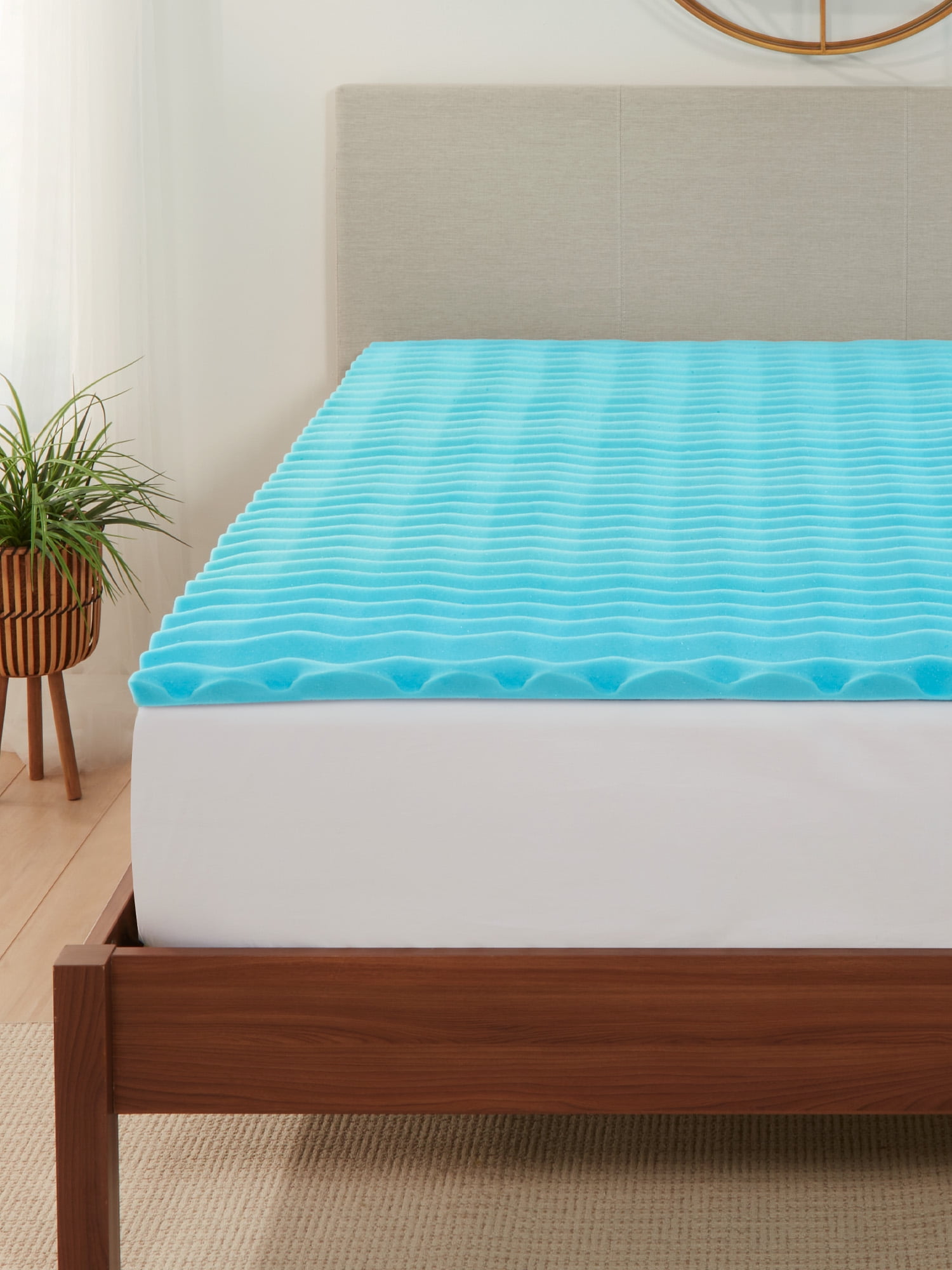















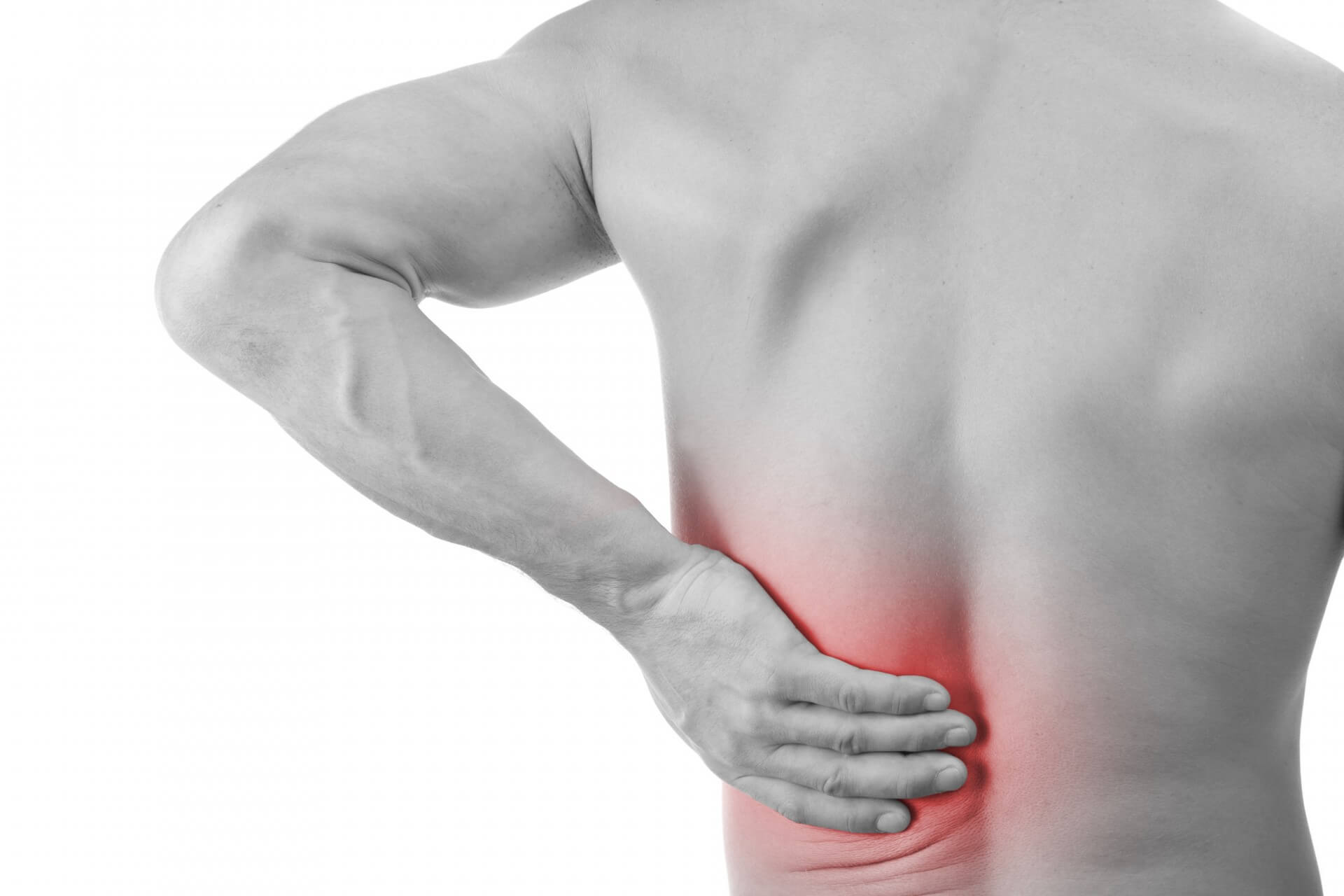
:max_bytes(150000):strip_icc()/backpainfinal-01-5c3ba0bf46e0fb0001b5b300.png)



